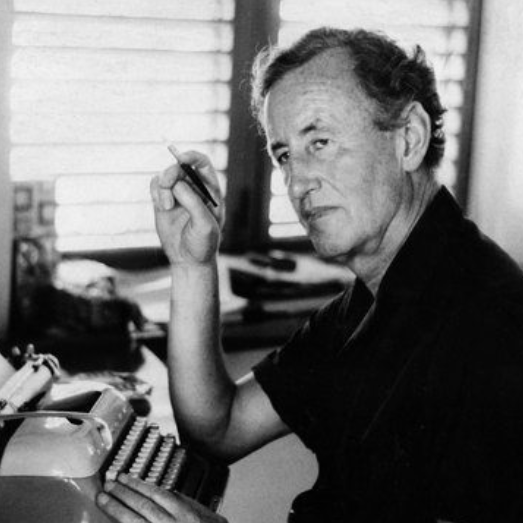Ian Fleming’s James Bond novels – Casin Royale and Octopussy – will be edited to remove racial references. Ian Fleming Publications has consulted ‘sensitivity readers’ for the new editions, which will release in April. The James Bond series celebrates the 70th anniversary of its first book this year. A statement by the publishing house says that they wanted to “look for guidance from the author himself”. Fleming supposedly preferred a revised US version of Live and Let Die, which removed some racially offensive language. The publishers said they decided to “apply the sensibilities” of that edition “consistently, across all the texts.”
This kind of editing seems to have become a trend, receiving criticism from many authors and readers. Recently, Roald Dahl’s British publishers released new editions of his books, including Charlie and the Chocolate Factory, with some offensive language removed.
Salman Rushdie called the initiative “absurd censorship”, and others seem to agree. Frederick Forsyth also slammed the move, calling it “fascism”. Puffin Books later announced that they would continue to publish the original works in addition to the new books. The precedent, however, seems to be set.
Roald Dahl was no angel but this is absurd censorship. Puffin Books and the Dahl estate should be ashamed. https://t.co/sdjMfBr7WW
— Salman Rushdie (@SalmanRushdie) February 18, 2023
“This isn’t ethical at all,” Shreya Punj, who has published books as an editor with Penguin and HarperCollins, told Springtide. “Literature is supposed to be provocative and when we take it upon ourselves to tailor stories to our current sensibilities, where will we stop?”
Throughout history, authors, critics and scholars have viewed censorship as an oppressive tool used to silence the freedom of the written word. Books like George Orwell’s 1984, JD Salinger’s The Catcher in the Rye or Toni Morrison’s Beloved are among the most well-known examples. The novels faced bans often for their radical social commentary and criticism. With this new trend, censorship seems to take on a different meaning. Publishers are now presenting it as a way to make novels more sensitive or inclusive. While it seems well-intentioned at first glance, it is still censorship.
Punj agrees with the critics calling it that. “The impulse to sanitise literature to avoid fostering stereotypes is understandable. But this is no way to do it.”
It is not unreasonable for readers to feel disturbed or offended by racist and offensive language. Older novels do not align with modern sensibilities, for obvious reasons. While that is no justification, most authors are not perfect human beings. If we revise and clean up their work, it leaves no scope for readers to understand their shortcomings and start conversations around them.
Punj believes there are better ways to tackle such a situation. “Provide context! Let the reader know how this story represents the values of its time. Inform them and let the reader make their own choices.”




